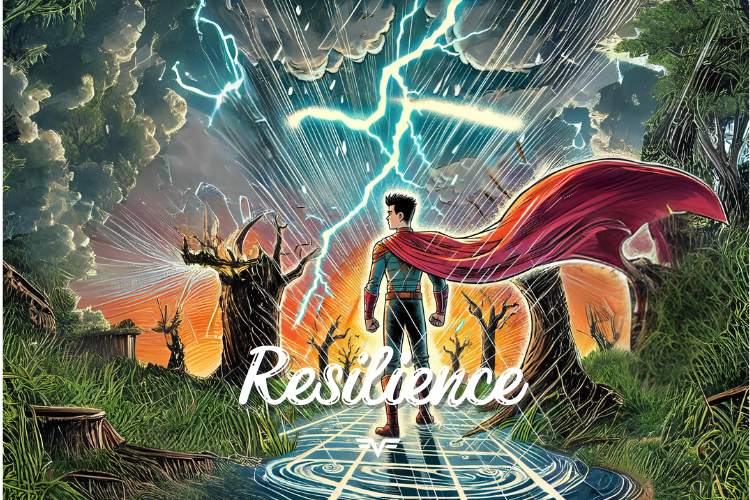Love & Compassion

As Christian parents, our understanding of love and compassion is rooted in the very nature of God. The Bible tells us that “God is love” (1 John 4:8), and this divine love is the model for how we should love others.
Generosity

Generosity is a core principle in Christianity, deeply rooted in God’s character and His expectations for His followers. In 2 Corinthians 9:7, we’re reminded that “God loves a cheerful giver.” But what does this mean for us and our children?
Resilience

As Christian parents, one of our greatest responsibilities is to equip our children with the tools they need to navigate life’s challenges with faith, resilience, and perseverance.
Responsibility

Teaching Responsibility to 5-8 Year Olds – The goal is to build a foundation of responsibility through repetition and by making it a normal part of their daily routine. 🕰️ With patience and consistency, these young kids will start to see responsibility as an important part of who they are. 👨👩👧👦
Forgiveness

Forgiveness is a powerful virtue that cultivates empathy, compassion, and resilience in children. In this blog post, we’ll explore the importance of teaching kids about forgiveness and practical tips for parents to instill this valuable character trait in children aged 6-12.
Honesty and Integrity

Discover invaluable insights on nurturing honesty and integrity in children, essential for parents, teachers, and grandparents. Our Character Chronicle blog delves into practical strategies, real-life scenarios, and expert advice to guide the young ones towards becoming truthful and principled individuals. Join us in shaping a future where integrity forms the cornerstone of character.
Respect

Respect is a cornerstone of strong relationships, both within families and in the wider world. It’s about valuing the thoughts, feelings, and boundaries of others, while also holding them accountable for their actions. Instilling respect in children is a crucial aspect of parenting, as it lays the foundation for healthy interactions, effective communication, and a sense of empathy.
Self-Control

We all want our kids to grow up to be responsible, successful adults. One of the most important skills that contributes to that is self-control.
Self-control is the ability to monitor and manage thoughts, emotions, and behaviors to achieve long-term goals, even in the face of temptations or impulses. Teaching kids self-control early on sets them up for success later in life.
Love

In Christianity, love starts at home – your heart, to be exact. It’s about recognizing your own worth as a creation of God. It’s not arrogance, but a deep understanding of your intrinsic value. It’s self-compassion, self-care, and acknowledging that you are a beloved child of the Creator.
Faith

Faith, in its essence, is a deeply personal belief or trust in something beyond what can be seen or proven. It goes beyond the realm of tangible evidence and relies on intuition, hope, and a sense of conviction.
Gratitude

Gratitude is a magical key that unlocks a world of contentment and inner peace.
When we cultivate gratitude in our lives, we discover an incredible power within us—the power to bounce back from challenges, to see the light in the darkest moments, and to find wisdom and growth in every experience.
Kindness and Empathy

As parents, we all want to raise kind, caring children. Instilling the value of kindness in our kids is so important, and it benefits them and the world they live in. Teaching kindness starts when children are young, and setting a good example is key.
Obedience

Obedience is often misunderstood, but in this guide, we’ll unpack its meaning and show you how it can be a powerful tool in shaping your child’s character and faith.
To begin, let’s clarify what we mean by obedience. It’s not just about blindly following rules; it’s about willingly respecting and complying with authority and values.
